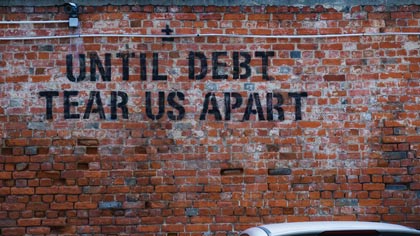When it comes to money, many think that if a little is good, then more must be better. But is this actually true in your life?
The “more must be better” view arises from a feeling of lack. Most of us have been in the situation at some point where money was tight (either growing up or as adults). We’ve experienced that uncomfortable feeling of not having enough money to live our life without worry. It’s stressful and it produces a lot of emotional turbulence. If you’ve felt this, it’s something you’ll want to avoid in the future.
At the other end of the spectrum is another common saying – “Money doesn’t make you happy”. In my career I’ve sat with those I’d classify as miserable millionaires. They’re good people who have done well financially, however having more than enough money has failed to solve all the problems and fill in all of the gaps in their life. They’re disappointed that money hasn’t ticked all the boxes, disillusioned about achieving a broader sense of wellbeing, and they’re sometimes depressed despite their financial position.
Money can certainly make our life easier, and it definitely increases our options. However, if you rely on money alone to feel good, it’s unlikely to get the job done. It may work for a while, but the evidence suggests that it will not deliver sustainable happiness.
To chase down happiness and fulfilment in life, we need to find a balance. Sure, we need to have enough money, AND we also need to make progress in other Key Life Areas. These include ‘Family & Friends’, ‘Health & Vitality’, ‘Career & Calling’, and ‘Home & Lifestyle’. Strengthening these and other important areas in our life can improve our resilience and overall sense of happiness.
So, all of this leads us to a BIG QUESTION about money. How much is ENOUGH?
Whilst the answer is different for everyone, rate yourself on these statements to learn more.

Rating: 10 and under – There are several areas you’d like to improve; 11-19 – You are generally on track; 20 and above – Most areas are going well.
Moving ahead in these areas means being intentional and assessing the trade-offs involved. Common sense tells us that more of one thing normally means less of something else. For example –
- Working longer hours means less time for the people and activities you care about.
- Poor eating habits and limited exercise means more kilograms and more fatigue.
- Conversely, a greater focus on good money habits means reduced financial stress.
Since the pandemic, many people have re-evaluated their lives. Where do we want to live? What business or career inspires me? How deeply am I connecting with the important people in my life? What is truly meaningful to me?
It’s led a lot of people to make different decisions which align with their updated view of living a good life. As a business owner or professional you work hard, and you deserve to achieve your most important goals.
You may feel ready to move towards your ‘best life’ yet held back by your current responsibilities and financial obligations. To navigate the journey from where you are now, to where you’d rather be, it makes sense to have a team of professionals in your corner. This includes a modern and progressive accountant, and an experienced financial coach who has compassion yet will challenge you. The combination allows you to focus on both the business and personal elements of your finances, by bringing competence and accountability to bear.
Working together you can move beyond business and professional success, towards defining and living more of your ‘best life’. Would you like help with this? DM me to talk about making real progress.





